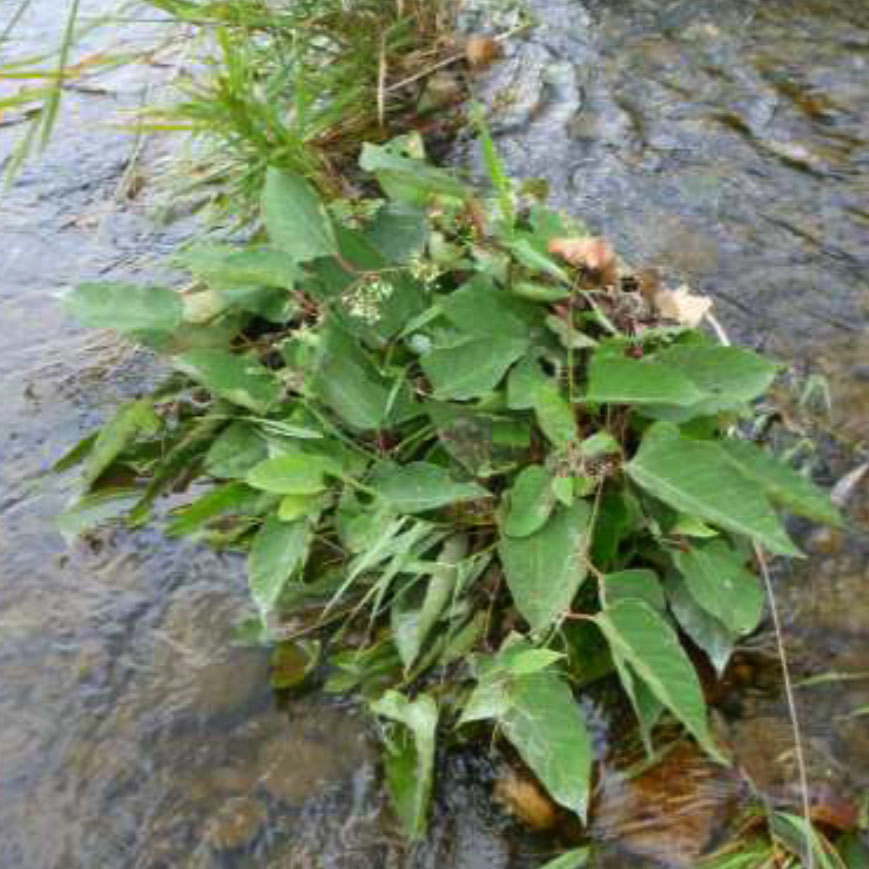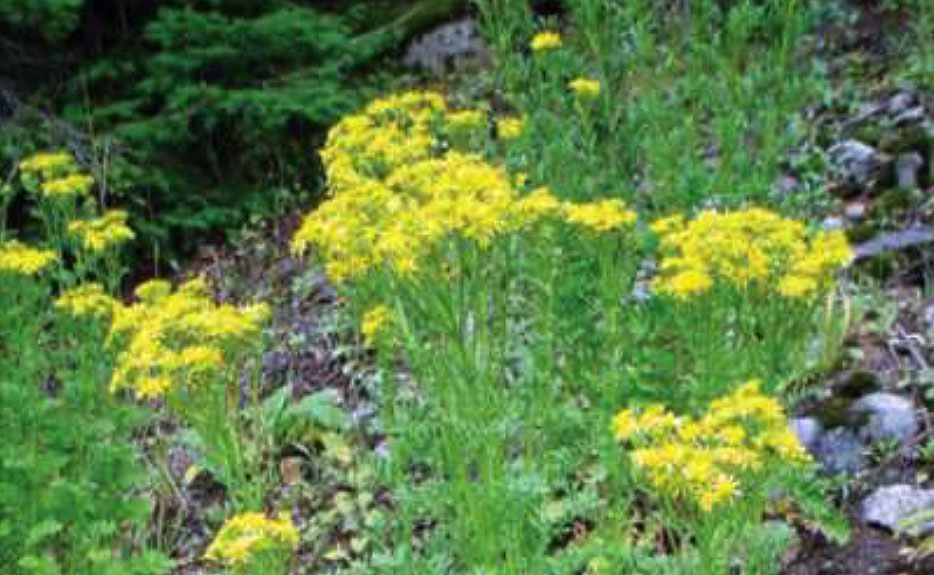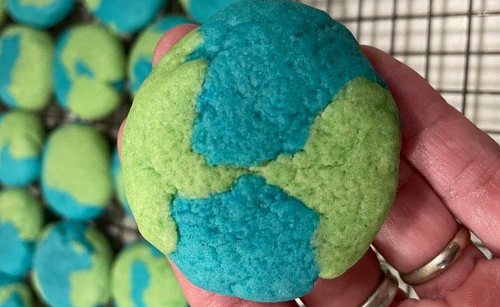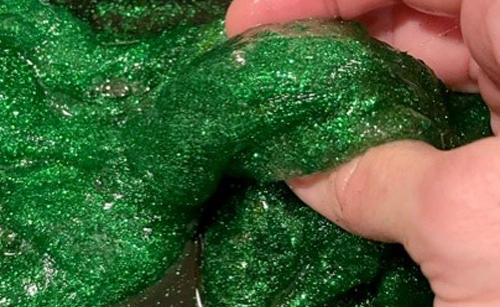What can we do to improve our favorite park or hiking trail? Many organizations have volunteer opportunities to remove invasive plants. In this way we can protect the biodiversity and beauty of Clark County.
What are invasive plants?
Invasive plants, also called noxious weeds or introduced plants, are species is that are outside their native range and cause damage in the new area. Invasive weeds are problematic because they displace native species and disrupt local ecosystems. Most invasive weeds grow and reproduce very quickly, and can be difficult to get rid of. Once established, they can be extremely difficult to remove.
Invasive plants are harmful
Invasives have many detrimental effects:
- Environment: Invasive plants crowd out native plants and destroy the natural environment. In the water, aquatic invasive plants can even clog waterways.
- Recreation: Fun activities, like fishing and bird watching, are impacted when the natural environment is disrupted.
- Health: Some invasive plants are toxic to people and animals.
- Economy: The time and money spent on controlling invasive weeds cost a lot of money! There are also costs associated with decreased land value and lower crop yields.

In Washington, homeowners are required to remove any listed noxious weeds on their property.
Join the Weed Watchers program
Clark Public Utilities’ Eradication Nation is involved in a program called Weed Watchers. This program teaches you how to identify invasive plants. When volunteers spot one, they tag its location on a smartphone app. This gives professionals the opportunity to remove them safely and effectively.







